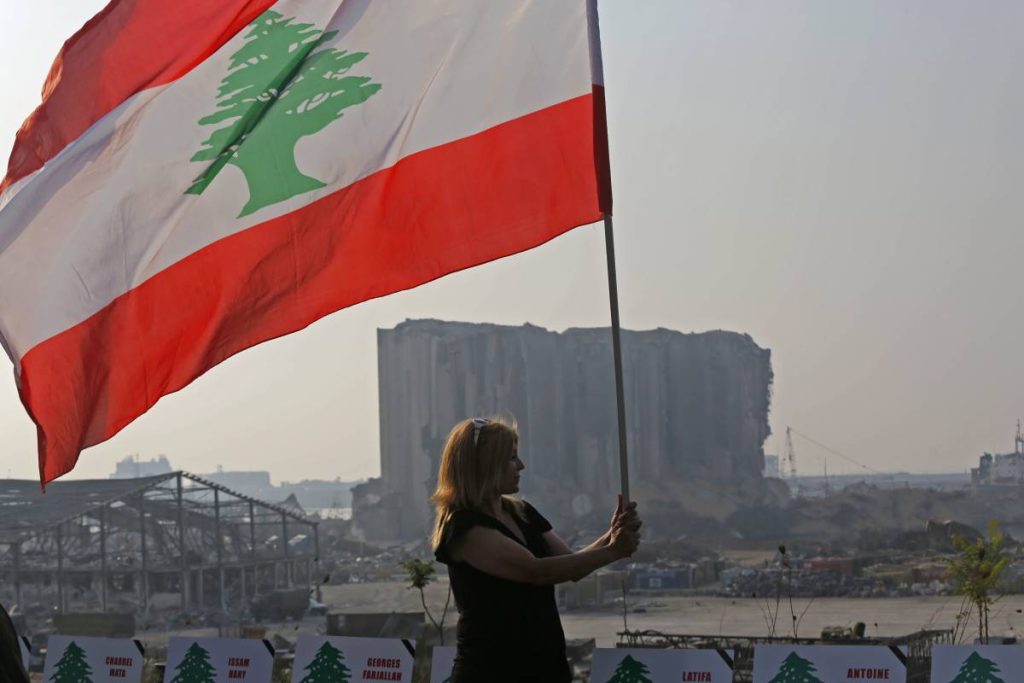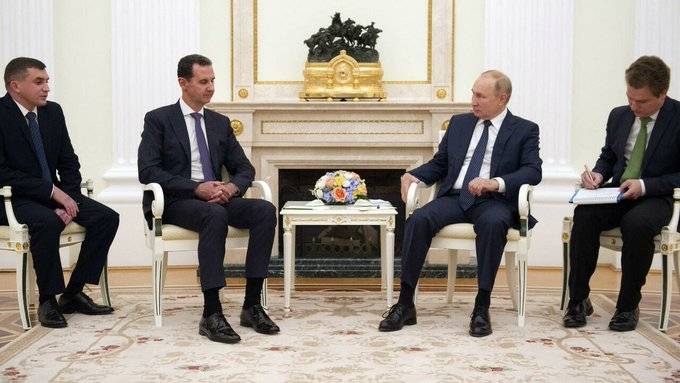Amid rising accusations against China for trapping countries in massive debts with larger infrastructure plans, Syria has joined Beijing’s Belt and Road Initiative which Beijing says will open broad horizons of cooperation for the Middle-East country…reports Asian Lite News
The ceremony of Syria’s admission into the initiative took place at the Planning and International Cooperation Commission in the capital Damascus and was attended by Fadi Khalil, the head of the commission, and Feng Biao, China’s ambassador to Syria, during which both sides signed a Memorandum of Understanding (MoU) on Syria joining the BRI, reported Xinhua.
The admission of Syria into the initiative revives the old role of Syria on the ancient Silk Road, said Khalil, adding it will help in boosting bilateral cooperation with China and multilateral cooperation with other countries, which are desirous of cooperating with Syria.
He also said that Syria had been one of the main countries on the ancient Silk Road particularly the cities of Aleppo and Palmyra.
With regard to the BRI, Chinese envoy Feng said that the cooperation between Beijing-Syria provides the greatest contribution to the economic reconstruction and social development in Syria and it also enhances the harmonization between the BRI and the eastward strategy proposed by Syria.
China proposed BRI in 2013, which comprises the Silk Road Economic Belt and the 21st Century Maritime Silk Road. Beijing said that it aims to build a trade, investment, and infrastructure network connecting Asia with other parts of the world along the ancient Silk Road trade routes and beyond.
Meanwhile, several countries have criticised the BRI project as they said that the project has become synonymous with wasteful spending, ecological destruction and massive debt burdens and aims to make profits for the participating country’s leaders and Chinese companies at the cost of the nation’s natural resources or people, said the InsideOver in a report earlier.
In 2018, a study found that 270 out of 1,814 BRI-related projects had problems related to debt sustainability, labour and environmental standards, national security, transparency, and corruption. A McKinsey survey in 2017 revealed that 60 per cent to 80 per cent of the Chinese companies in Africa admitted to paying bribes for bagging contracts. Further, Chinese firms scored second to last in one of the latest Transparency International Bribe Payers Index in the Continent, added the InsideOver.
Power Crisis
The US will allow Lebanon to import natural gas and electricity from Egypt and Jordan through Syria, without being subject to restrictions imposed by the US Caesar Act which prohibits cooperation with Syria, Lebanese Foreign Minister Abdallah Bou Habib has said.

The US authorities have informed Egyptian officials about Lebanon’s capability of importing energy through Syria, Bou Habib said on Thursday during his meeting at Baabda Palace with President Michel Aoun to inform him about his recent visit to the US.
The Energy and Oil Ministers of Jordan, Egypt, Syria, and Lebanon had agreed last September to supply Lebanon with electricity from Jordan and natural gas from Egypt through the Arab Gas pipeline to solve the electricity crisis in Lebanon, Xinhua news agency reported.
The Lebanese Foreign Minister also noted that US officials expressed keenness to resume the process of demarcating the southern maritime border between Lebanon and Israel, and the US mediator Amos Hochstein will come to Lebanon within the next few days to resume his efforts with the aim of moving forward in this regard.
Lebanon has been going through an unprecedented financial crisis due to the failing policies adopted by successive governments which resulted in a public debt hovering over $96 billion.
ALSO READ: UN special envoy sees new possibilities for political solution in Syria
Protest in Lebanon
Lebanese held a nationwide protest against soaring prices and deteriorating living conditions caused by the long-term economic crisis.
Drivers and citizens took to the streets on Thursday in the capital Beirut, Tripoli, Khalde and other cities and towns, parking their cars in the middle of the streets and burning dust bins to blockade main roads, Xinhua news agency reported.
Fadi Abou Chakra, Spokesman for Lebanon’s fuel stations union, told Xinhua that the collapse of the Lebanese currency has impacted every aspect of life in the country.
“People can no longer afford their most basic needs, let alone to fill their cars with petrol which has increased in price following the hike in the price of US dollar while people’s salaries have remained the same,” he said.
Ali Bazzi, a taxi driver, said he can no longer afford fuel for his car but still cannot charge his clients more as they have already become too poor to take a taxi.
Lebanon has been suffering from an unprecedented financial crisis amid shortage of US dollars which has caused a collapse in the local currency, plunging over 78 per cent of the population into poverty. The cabinet formed in September 2021 has not met for three months, as political rivals have been differing on the issues of investigation into the 2020 Beirut port blast.

Leave a Reply